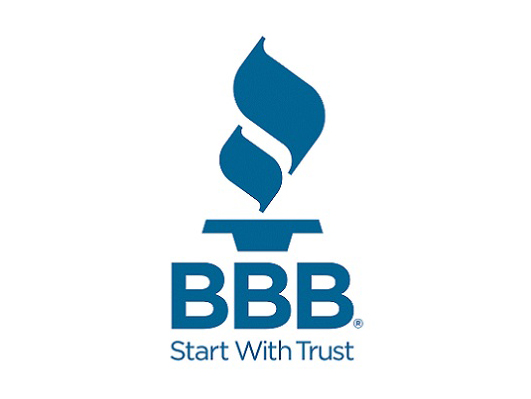Adults ages 18–24 reported the highest median losses ($150) and the highest likelihood of loss (56.6%) to BBB Scam Tracker in 2020, according to Better Business Bureau (BBB). Previously, older age groups consistently lost higher median dollar amounts to scammers year-over-year, even while young adults tended to lose money more often.
This year, the financial loss reported by those 18-24 was equal to that of adults 65+. Online scams rise during COVID-19 pandemic: 2020 BBB Scam Tracker Risk Report (BBB.org/RiskReport), focuses on the impact of scams in the wake of the pandemic and the demographic groups most at risk.
More scams were perpetrated online and yielded the highest likelihood of financial loss in 2020. This is likely connected to consumer habit shifts since the start of the COVID-19 pandemic; in a survey of over 5,000 individuals who reported scams to BBB Scam TrackerSM (BBB.org/ScamTracker) in 2020, 43.1% said they spent more time online due to the pandemic, and 57.1% said they purchased more online because of the pandemic.
Over 400 online purchase scams were reported to BBB Scam Tracker last year in eastern and southwest Missouri and southern Illinois, according to regional Scam Tracker data for BBB St. Louis. Consumers who contacted BBB Scam Tracker reported losing a total of more than $119,000.
Some of the costliest online purchase scams involved pets. A Merriam Village, Missouri, resident reported losing $3,400 after attempting to purchase a puppy from an online seller. After initially paying $600 for the puppy, the consumer received subsequent demands for money to cover insurance, a special crate for air travel, and medication. When the consumer balked at paying more, the seller claimed he would hand the dog over to animal welfare authorities.
The risk of financial loss from scams also rose significantly in 2020. Nearly one of every two reports to BBB Scam Tracker (46.7%) noted a financial loss, with two-thirds of reports (64.7%) resulting in financial loss being online purchase scams, which was the top riskiest scam in 2020. Online purchase scams were the most common scam reported to BBB, comprising 38.3% of all scam reports. Pet and PPE-related online purchase scams spiked during the pandemic.
Another way scammers take advantage of younger adults in particular is by utilizing a payment method less familiar to younger generations: checks. Fake check scams were the second most risky scam for adults ages 18-24 in a year where payment via online payment systems rose across all age groups. Fake check scams yielded one of the highest median dollar losses per encounter at $1,679 in 2020.
Nationally, the 10 riskiest scams of 2020 were: online purchase, employment, fake check/money order, advance fee loan, home improvement, romance, cryptocurrency, tech support, travel/vacation/timeshare, and investment.
In eastern and southwest Missouri and southern Illinois, the 10 top-reported scams of 2020 were: online purchase, phishing, sweepstakes/lottery/prizes, employment, counterfeit product, tech support, fake check/money order, identity theft, debt collections, and government grant.
For more highlights from Online scams rise during COVID-19 pandemic: 2020 BBB Scam Tracker Risk Report, visit BBB.org/RiskReport.
For an in-depth look at many common scams, go to bbb.org/scamstudies.
Go to BBB.org/ScamTracker to report a scam, learn more about other risky scams on BBB.org/ScamTips and visit our scam news feed.







